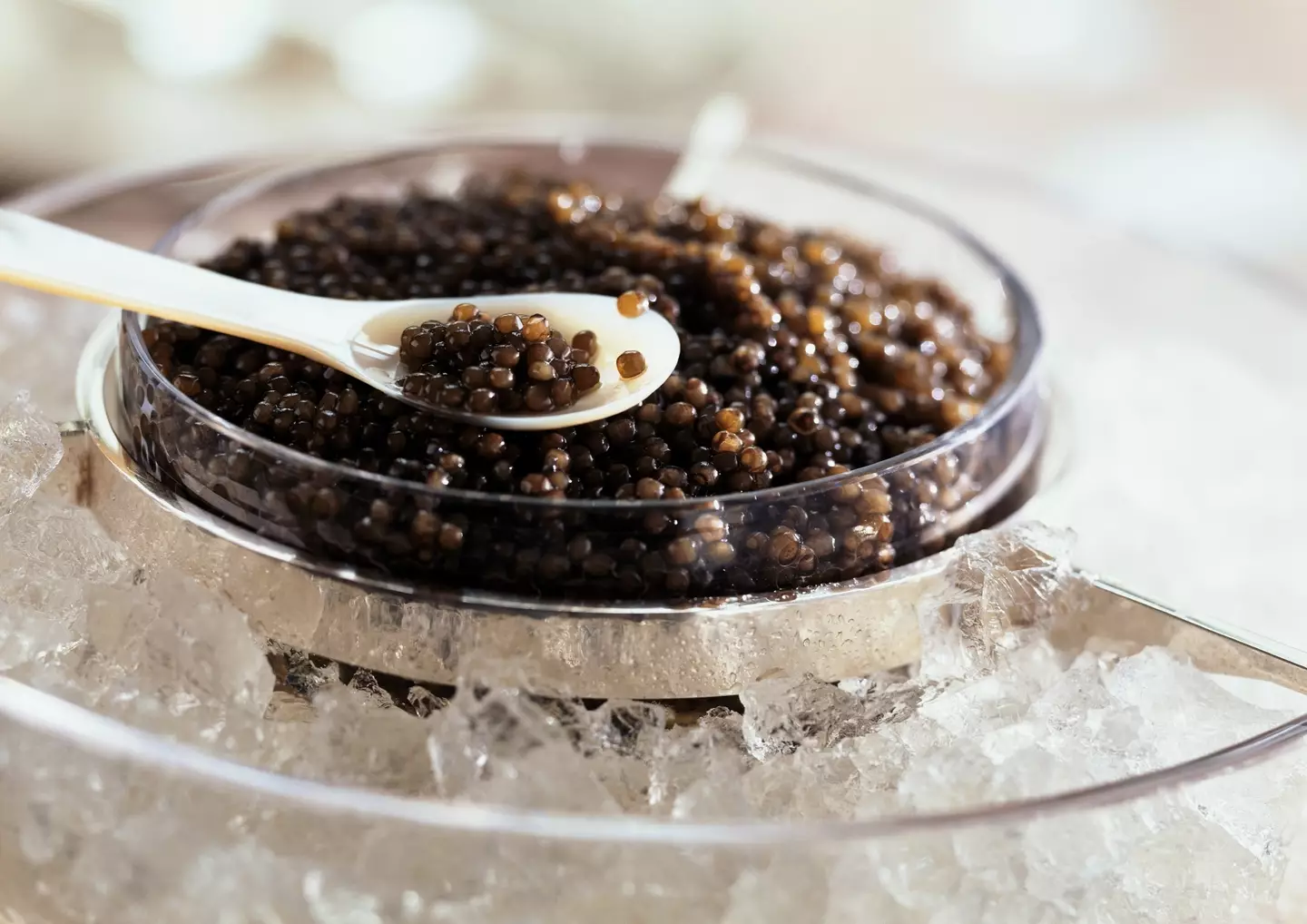
The culinary world is notoriously intense place, packed to the rafters with high tensions, big egos and a competitive edge that sees incredible chef after incredible chef battle it out for prestige and, ultimately, an entry in the history books.
For the layperson, suppositions around the art of fine dining and what you might expect on a high-end menu can be pretty wide of the mark. The best in the business are all about innovation and bringing something to the table that breaks free of the norm or yields fresh revelations about what food can be.
And with that in mind, chefs often have pretty choice words about the common trappings associated with fine dining.
When Sky News Money caught up with chef Doug McMaster for its Cheap Eats feature, the Silo owner didn’t hold back over one particularly restaurant ingredient that he views as the ‘laziest’.
Advert

Silo is the world’s first zero-waste restaurant, and McMaster said that it’s staffed by a fantastic team.
“I wasn't the best young chef in the UK,” he said. “There are young chefs at Silo who are far superior in the kitchen than I was at any stage of my culinary career. Maybe I was the most daring, or the most creative chef back then at the time, but I was by no means the most talented chef.”
You certainly need highly-skilled chefs and rigorous processes to run a zero-waste restaurant, but Silo doesn’t stop at simply prepping and serving food without any wastage – it’s also engaged in its own zero-waste innovations.
“Soon we're going to be producing ‘zero-soy sauce’,” said McMaster, “made from 50% bread waste (given to us as bread discard from local bakeries) and 50% lupin, which is a regenerative grain.
“Using that to make our zero-soy sauce means we'll be able to harness this astonishing British product that will save us from importing tens of thousands of litres of soy sauce from China. We'll be saving on a huge carbon footprint, so the more we can make ourselves, the better.”
Impressive indeed!
Of course, with such a forward-thinking approach to dining, McMaster is no stranger to scrutinising the clichés in the restaurant business and he was particularly clear about his view of the ingredient that’s perhaps best-associated with high society.
“One thing I'd never want to see in a restaurant again is... caviar,” he admitted. “It's the least creative of all the ingredients. Arguably, it's the laziest ingredient of all. I would be infinitely more impressed by a chef who can turn a humble carrot into something extraordinary, than one who can put caviar on top of a dish. That's the kind of creativity and artistic flair that deserves credit, not the ability to put caviar on something. It has this weird currency in hospitality where it has some kind of authority in restaurant spaces where it shouldn't.”

Bold words indeed, especially as caviar is a pretty special treat when served with finesse. That said, if you were to consider opening a fine dining restaurant then caviar might be the first name on the teamsheet. If that’s the case, maybe it’s too clichéd for its own good.
McMaster also took the opportunity to make the case for restaurants being more discerning about its suppliers whilst looking to maximise their sustainability.
“Restaurateurs should stop buying from soulless supply chains,” he said. “By that, I mean a supply chain where there is no connection to the people and planet that produce our food.
“Using those supply chains does a disservice to all the food systems and farmers who are working overtime to save the planet, and they encourage the sort of industrial agriculture that we're trying to combat. Any supply chain that is disassociated from nature is one that we should avoid.”
Topics: Restaurants and bars, Cooking, Celebrity
